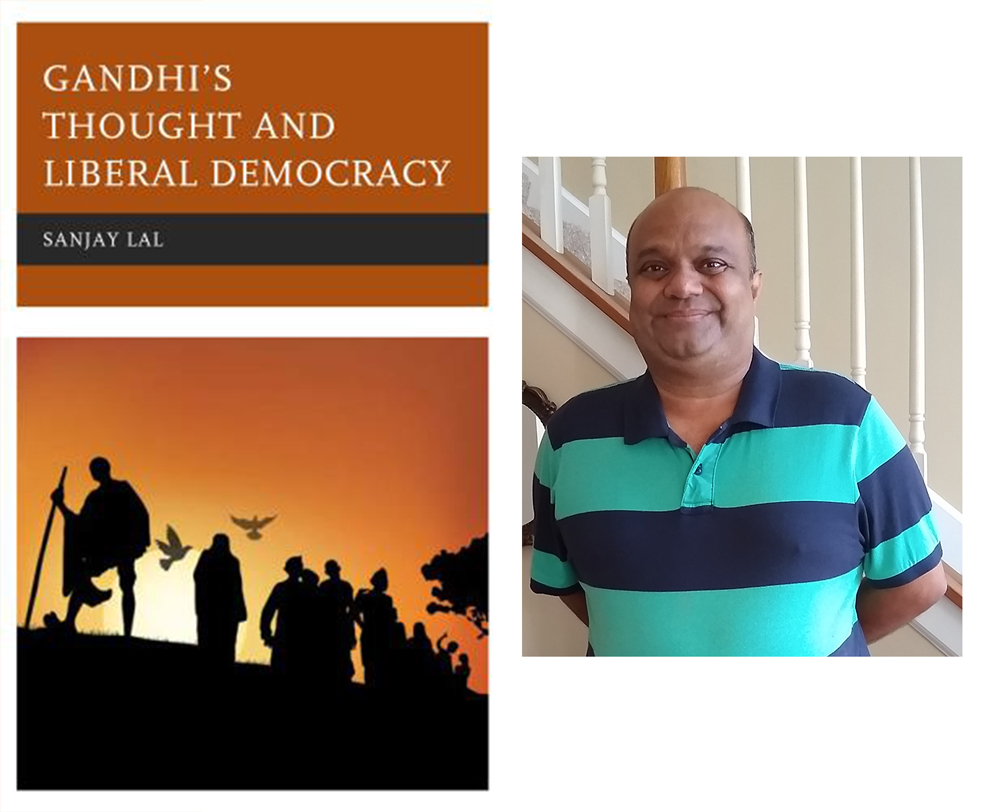The Acorn: Philosophical Studies in Pacifism and Nonviolence insists on ethical behavior from its editors, reviewers, and authors. Our policies are closely aligned with COPE’s (Committee on Publication Ethics) Core Practices.
Any cases of ethical misconduct will be treated very seriously and will be dealt with in accordance with COPE guidelines.
Materials published in The Acorn fall under the categories of Features, Reviews, or Articles. Features and Reviews may be submitted by authors or invited by the editorial team subject to final editing. Articles follow the formal processes of peer-review as set forth below:
1. Responsibilities of the Editorial Team
Publication decisions
The Editor is responsible for deciding on initially accepting, rejecting, or requesting modifications to the manuscript. After initial acceptance, article submissions will be circulated for anonymous peer review in accordance with our Submissions guidelines and practices. The Editor reserves the right to edit, clarify, or shorten manuscripts as deemed necessary.
Fair review
All editors and editorial staff must ensure that each manuscript submitted to The Acorn is reviewed for its intellectual content without regard to the author’s race, gender, sexual orientation, religious belief, ethnic origin, citizenship, or political philosophy. The decisions will be based on the paper’s importance, originality, clarity, and relevance to the journal’s scope.
Confidentiality
Information concerning a submitted manuscript should only be revealed to the corresponding author, reviewers, editors, Associate Editors, or Editorial Board members, as is required or otherwise appropriate.
Disclosure and conflicts of interest
The editors and editorial staff shall not use unpublished materials disclosed in a submitted manuscript for his/her own research without the author’s explicit written consent. Editors, including Associate Editors and the Editorial Board, will recuse themselves from considering manuscripts in which they have conflicts of interest resulting from competitive, collaborative, or other relationships/connections with any of the authors, companies, or institutions connected to the papers.
2. Responsibilities of Reviewers
Purpose of peer review
The peer review process is a crucial component in helping the editor and/or editorial board reach editorial or publishing decisions and may also serve the author in improving the quality of the submission.
Promptness
A potential reviewer should withdraw from the review process if he/she feels unqualified to assess the contribution or cannot provide an assessment in a timely manner as defined by the editor.
Confidentiality
Manuscripts for review must be considered confidential documents. Information concerning the manuscripts should not be discussed with others without the approval of the editor.
Disclosure and conflicts of interest
Reviewers will not use unpublished information disclosed in a submitted manuscript for their own research purposes without the authors’ explicit written consent. Reviewers will recuse themselves from considering manuscripts in which they have conflicts of interest resulting from competitive, collaborative, or other relationships/connections with any of the authors, companies, or institutions connected to the papers.
Objectivity
Reviewers should strive to be objective in their assessments. Reviewers’ comments should be clearly expressed and supported by data or arguments. Personal criticism of the author(s) is not appropriate.
Acknowledgment of sources
Reviewers should identify relevant published work that has not been cited by the authors. Any statement that an observation, derivation, or argument had been previously reported should be accompanied by the relevant citation. A reviewer should also call to the editor’s attention any substantial similarity or overlap between the manuscript under consideration and any other published paper of which they have personal knowledge.
3. Responsibilities of the Author
Reporting standards
Authors are solely responsible for the content and accuracy of their articles. That is, the authors are responsible for ensuring the research was conducted in an ethical manner, data were collected and analyzed by employing appropriate scientific methods and interpreted accurately. A paper should contain sufficient detail and references to permit others to replicate the work. Fraudulent or knowingly inaccurate statements constitute unethical behavior and are unacceptable.
Data access and retention
As a philosophical journal, The Acorn is not at this time engaged with data analysis; however, if data analysis becomes a part of the journal’s concern, we will update our guidelines to require appropriate repository archives.
Originality, plagiarism, and acknowledgment of sources
Authors will submit only entirely original works and will appropriately cite or quote the work and/or words of others. Publications that have been influential in determining the nature of the reported work should also be cited. Information obtained privately, as in conversation, correspondence, or discussion with third parties, must not be used or reported without explicit, written permission from the source. Information obtained in the course of confidential services, such as refereeing manuscripts or grant applications, must not be used without the explicit written permission of the author of the work involved in these services.
Multiple, redundant, or concurrent publication
In general, papers describing essentially the same research should not be published in more than one journal. Manuscripts which have been published as copyrighted material elsewhere cannot be submitted.
Authorship of the paper
Authorship should be limited to those who have made a significant contribution to the conception, design, execution, or interpretation of the reported study. All those who have made significant contributions should be listed as co-authors. Where there are others who have participated in certain substantive aspects of the research project, they should be acknowledged or listed as contributors. The corresponding author should ensure that all appropriate co-authors and no inappropriate co-authors are included on the paper, and that all co-authors have seen and approved the final version of the paper and have agreed to its submission for publication.
Disclosure and conflicts of interest
All authors should disclose in their manuscript any financial or other substantive conflict of interest that might be construed to influence the results or interpretation of their manuscript. All sources of financial support for the project should be disclosed. Examples of potential conflicts of interest that should be disclosed include employment, consultancies, stock ownership, honoraria, paid expert testimony, patent applications/registrations, and grants or other funding. Potential conflicts of interest should be disclosed to the editor at the earliest stage possible. Readers should be informed about who has funded the research and on the role of the funders in the research.
Fundamental errors in published works
When an author discovers a significant error or inaccuracy in his/her own published work, it is the author’s obligation to promptly notify the journal editor or publisher and cooperate with the editor to retract or correct the paper. If the editor or the publisher learns from a third party that a published work contains a significant error, it is the obligation of the author to promptly retract or correct the paper or to provide evidence to the editor of the correctness of the original paper.
Revised: July 11, 2024

